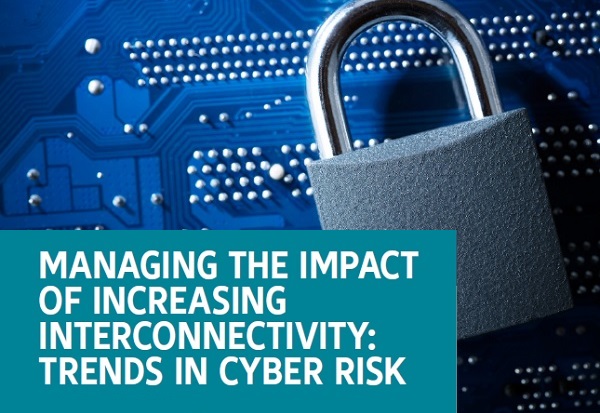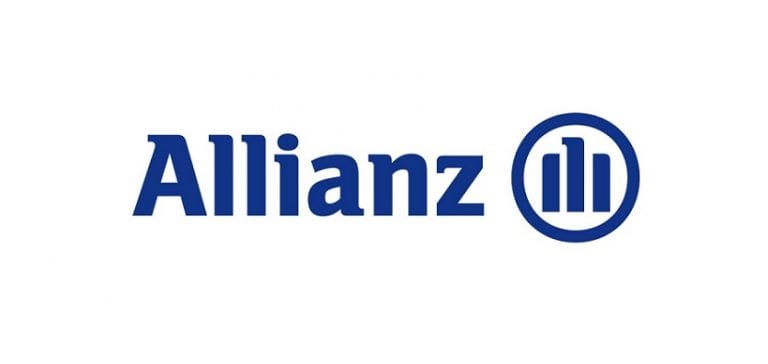OVERVIEW
Just seven years ago cyber risk ranked as low at 15th in the Allianz Risk Barometer, an annual survey in which more than 2,700 risk experts from 100 countries identify the top threats for companies for the next 12 months and beyond.
Today, it ranks either near or at the top of seemingly every risk poll conducted. In the intervening years both knowledge of the threats posed to businesses by cyber and the number of related claims or losses have increased significantly. At the same time, businesses and their insurers now have to deal with a fast-changing, ever-evolving risk landscape, which has been further exacerbated by the outbreak of the coronavirus pandemic.
Companies are facing a number of challenges: such as the prospect of more disruptive and expensive business interruptions, the increase in the frequency and cost of ransomware incidents, the consequences from larger data breaches and more robust regulation – both at home and overseas – as well as the prospect of litigation if something does go wrong. The playing out of political differences in cyber space also ups the ante while even a successful merger and acquisition (M&A) can bring unexpected problems. Then, there is the fact that many employees are now working remotely. Displaced workforces create new opportunities for increasingly better organized and funded cyber criminals to exploit and gain access to networks and sensitive information. At the same time the potential impact from human error or technical failure incidents – already one of the most frequent drivers of cyber claims – may also be heightened. Employers and employees must work together to raise awareness and increase cyber resilience in the home office set-up.
Despite the huge advances companies have made in cyber risk awareness in recent years, many are still playing catch-up and often do not realize how important their digital assets are until something happens. This report highlights some of the most significant cyber risk trends currently occupying the attention of insurers, risk managers and their broker partners and how companies can be better prepared to mitigate the impact of such incidents.


